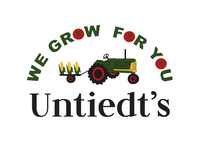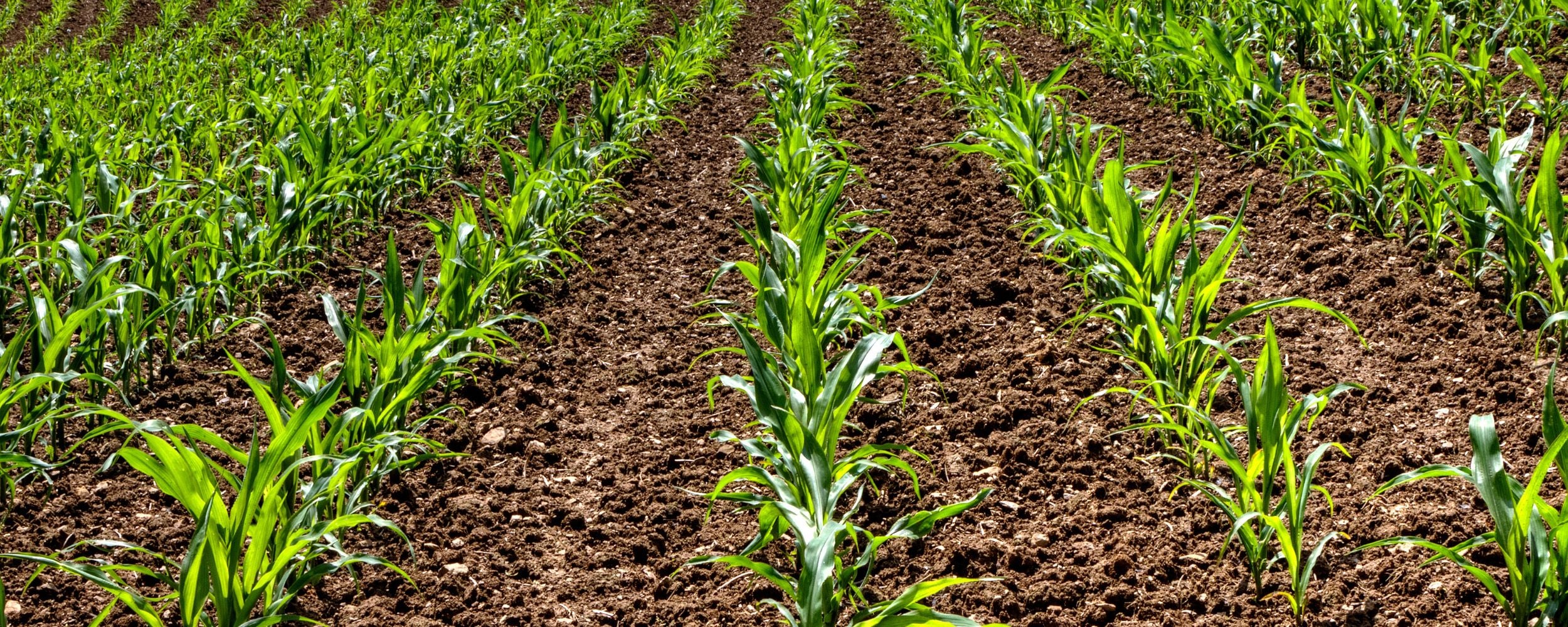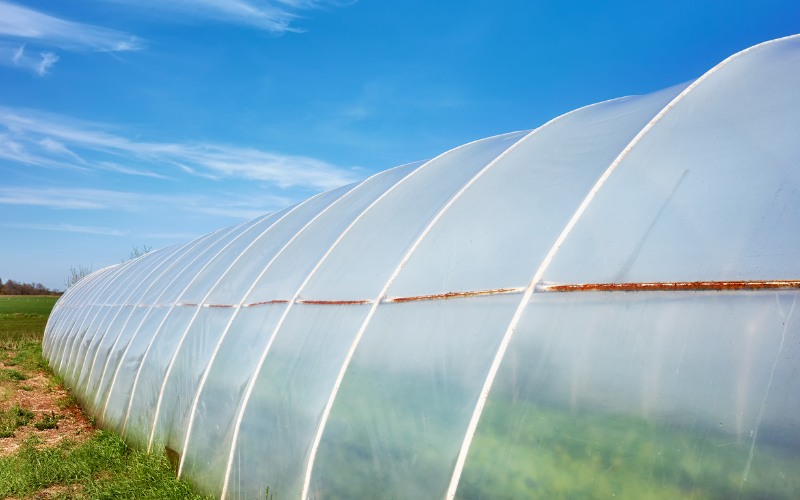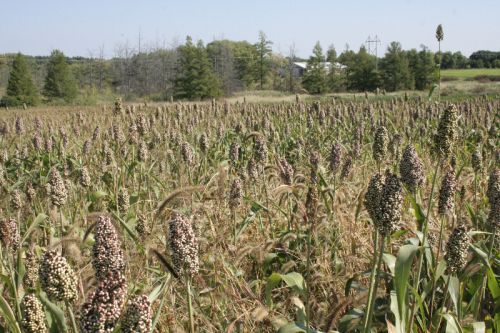At Untiedt’s, we pride ourselves on our ability to take care of the land so that it can continue to produce healthy and bountiful crops for generations to come. That means being thoughtful about how we operate. The decisions we make are for you, our customers, sustainability and the environment.
Organic vs. certified
A common question we receive is: Are you organic? The short answer is no, we are not certified organic. BUT HANG ON! That doesn’t mean we’re not operating in an organic way. We use an incredible amount of organic farming techniques on our farm, but we do reserve the right to use a conventional chemical if it is necessary to save a crop.
Becoming certified by agencies requires a lot of time and money that we have invested in other areas of our farm. We believe that our biologically sustainable production regiment is better for the environment than just being certified organic.
It’s important to remember that even in organic production, there is use of chemicals.
We don’t do GMOs

GMO stands for “genetically modified organism.” This means that the genetic makeup of the organism has been modified in a laboratory using genetic engineering or transgenic technology, essentially, producing a combination that does not occur in nature. At Untiedt’s, we have made the promise to not grow or produce any GMO fruits or vegetables on our farm.
While a GMO is modified in a lab using special technology, a hybrid occurs when you cross two different varieties of the same plant naturally, with no engineering.
Hybrids are beneficial as they often feature traits such as disease resistance, better flavor, or increased production. Using hybrids allows Untiedt’s to produce some of the best locally-grown vegetables and fruits.
To spray or not to spray?
The most commonly asked question is: Do you spray? While the short answer is yes, just because we spray, does not mean that harmful chemicals are being used. Instead of asking do you spray, a better way to phrase the question would be: What do you spray?
Often, we are spraying insects or other natural substances that will be beneficial for a crop, not a harsh chemical. Spraying may get a bad rap, but it’s important to know that it’s not all bad.
WHEN IT COMES TO PESTICIDES...
“Pesticides” is like a swear word! It sounds so horrible, but they can actually be a really important tool in farming. Here’s an analogy that illustrates our philosophy for using pesticides:
A good doctor only uses powerful antibiotics until it’s absolutely necessary because they are most effective when used sparingly.
If these medications were used at every opportunity, the patient would slowly develop a resistance to the medications, making it harder to treat illnesses in the future.
Untiedt’s takes care of our crops like a good doctor would take care of you. We’re careful about how and what we choose to use to combat pathogens when they arise, but we’re always thinking about the greater impact on the land, the environment, and (of course) YOU, our customers.
Here are pesticides we use and why they are important:
Herbicides
Since most of our crops for our crops are produced within a high tunnel environment, we use very few herbicides. Within the tunnels, we grow our crops on raised soil beds covered with a plastic film mulch, which does not allow weed growth. Below this film is our drip irrigation, which waters only a narrow band for root growth. This keeps weed growth to a minimum, because there is no moisture for the weed seeds to germinate and grow.
Our outside production (like our berries, cantaloupe, squash, and watermelon) uses the same plastic mulch system with drip irrigation below, greatly reducing the need for herbicides.
The two crops on our farm that receive regular herbicide treatment are sweet corn and green beans. Herbicides are applied before the crop emerges and are used at a very low rate. This controls weeds for a short period of time until we begin mechanical cultivation, our primary method of weed control. We use no herbicides of the category labeled Restricted Use by the EPA.
Fungicides
Because we grow a substantial amount of our crops in a high tunnel environment, our use of fungicides is low. Crops receive no direct rain and very little dew. However, we do use Trichoderma and RSSI as fungicides. Both are organically approved.
We use elemental sulfur in our tomato production, but this is also organically approved and listed as OMRI approved. OMRI is the Organic Materials Review Institute, the organization responsible for determining which products are allowed for use in organic production and processing. OMRI listed products are allowed for use in certified organic operations under the USDA National Organic Program.
Insecticides
When addressing our high tunnel production, we use beneficial insects to control most of our insect pests. One of the most commonly used insects are ladybugs. We keep land reserves for beneficial insects near all our growing areas.

This means we plant things such as sunflowers, grasses, and other types of flowers. This attracts beneficial insects and enhances our supply of them. If this strategy fails, we may elect to use an organically approved insecticide. If the organic route fails, we may have to dig into our tool box and use another weapon to defend our crops.
Because we have elected to grow no GMO crops, and the vast majority of the American population would rather not have worms in their sweet corn, that is the one crop that does receive a regular application of insecticides. It is important to remember that we only spray when necessary. Any type of chemical application is extremely costly, so we only do this when a crop is in jeopardy.



